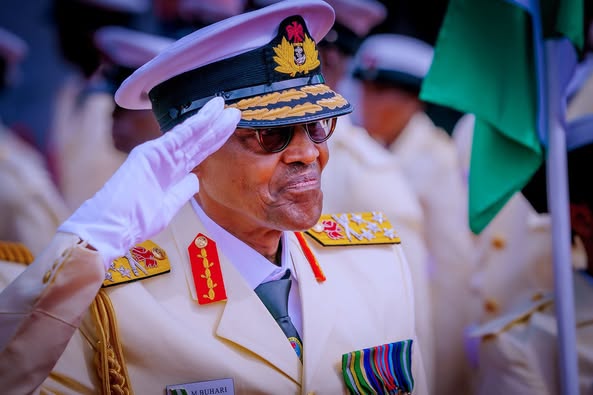Nigeria’s former president Muhammadu Buhari has died in London at the age of 82 after receiving medical treatment abroad. His passing on July 13, 2025, marks the end of a significant era in the country’s political landscape.
Buhari’s presidency, which spanned from 2015 to 2023, was marked by both praise and criticism. He was initially celebrated for his anti-corruption campaign and efforts to combat the Boko Haram insurgency. However, many Nigerians later expressed disappointment over economic hardships, alleged human rights violations, and unfulfilled promises. One social media user summed up the mood by saying, “He promised more than he could deliver.”
Throughout his leadership, Buhari attempted to implement fiscal reforms and reduce corruption. Yet, his administration also faced backlash for perceived authoritarian tendencies and economic mismanagement. The country endured rising inflation, unemployment, and increased national debt during his tenure.
As Nigerians reflect on his legacy, reactions remain mixed. For some, he will be remembered as a disciplined leader who tried to instill order and integrity. For others, his time in office represents missed opportunities and growing frustrations. His death is likely to spark deeper conversations about governance, accountability, and the future direction of Africa’s most populous nation.


